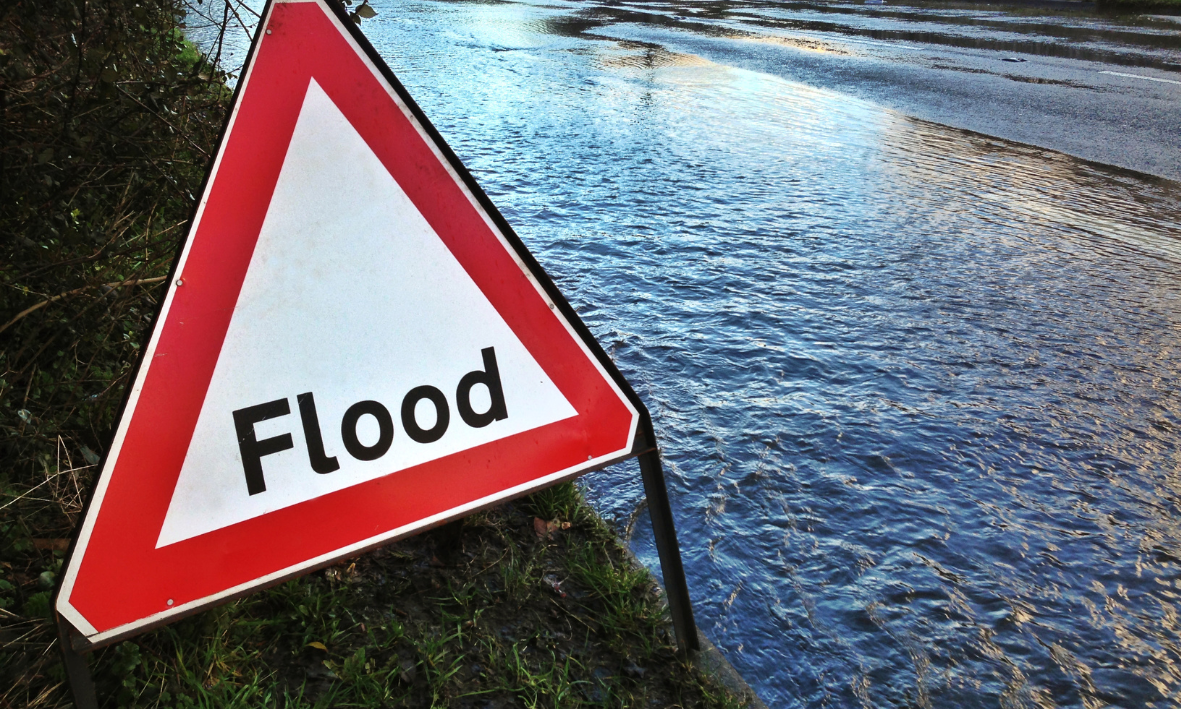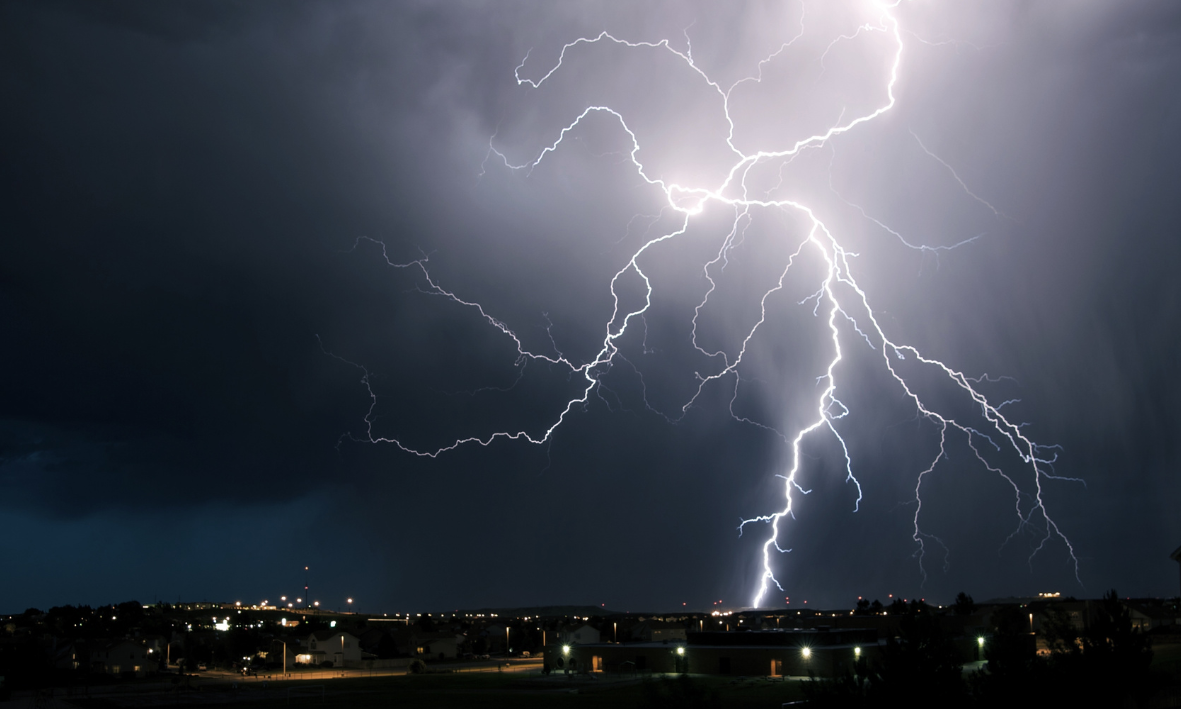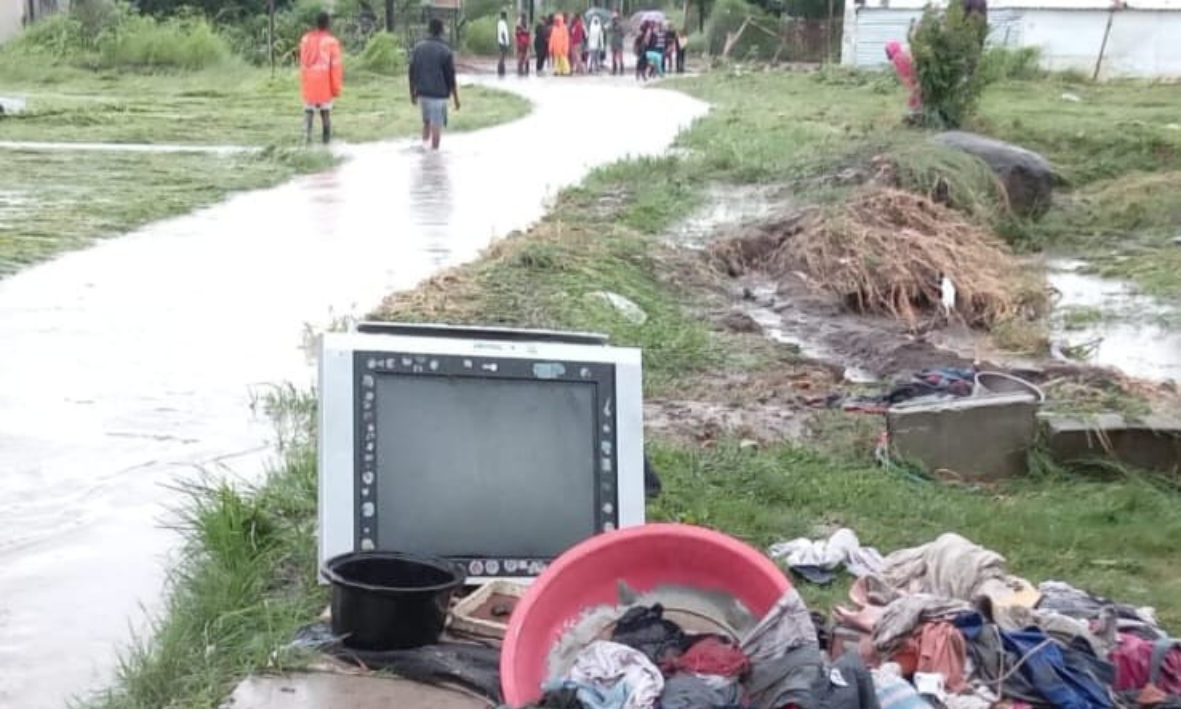
UDM Nelson Mandela Bay calls for accountability and transparency after R53 million flood repair tender irregularities
Statement by Luxolo Namette, UDM councillor in the Nelson Mandela Bay Metropolitan Municipality and Deputy Chairperson of the UDM in the Eastern Cape The United Democratic Movement (UDM) Nelson Mandela Bay Metropolitan Municipality is gravely concerned by the explosive revelations regarding alleged misconduct by senior officials of the Nelson Mandela Bay Municipality, as detailed in a memorandum by the municipality’s former Acting City Manager, Mr Sizwe Mvunelwa. The memorandum apparently outlines a troubling sequence of events suggesting that seven senior officials may have misled the Office of the City Manager and deliberately bypassed valid contracts in order to irregularly award new flood repair projects worth R53 million. This, despite the existence of properly procured service providers already under contract with the municipality. This conduct not only undermines the Municipal Finance Management Act (MFMA), but it also exposes the Municipality to serious legal risks, potential withdrawal of disaster relief funding, and irreparable damage to the communities of KwaNobuhle, Kariega, and Kwazakhele, who continue to suffer the consequences of the devastating floods without timely intervention. The allegations include: • Possible collusion to subvert procurement procedures; • Recommending the appointment of companies without valid tax clearance certificates; • Issuing appointment letters to companies in violation of legal requirements; • Concealing critical information from incoming leadership to influence decision-making. Such actions, if proven, represent a gross dereliction of duty and a betrayal of public trust. The UDM fully supports the call for this matter to be referred to independent law enforcement agencies, such as the Hawks or the Special Investigating Unit, for a thorough and impartial investigation. We further call for: • The immediate suspension of all officials implicated in the memorandum, pending the outcome of investigations. • A full audit of the tender processes related to the R53 million flood relief funding. • The reversal of all irregularly issued contracts and reinstatement of the original contractors appointed under the valid triennial agreement. • Assurance from the municipality that service delivery in the affected communities will not be compromised due to internal administrative failures. The UDM maintains that the integrity of public institutions must be upheld at all costs. We will continue to monitor this situation closely and demand accountability for those who compromise the rule of law and the needs of the people for personal or political gain.

South Africa’s climate crisis: UDM calls on GNU to act swiftly
Statement by Zandile Phiri, Acting Secretary General of the United Democratic Movement The United Democratic Movement (UDM) is deeply concerned about the deteriorating climate crisis gripping South Africa. The country is in the grip of a worsening climate change crisis, with extreme weather events hitting harder and more often, putting the country’s people, economy, and environment at risk. Just this month, February 2025, KwaZulu-Natal was hammered by heavy rains and mudslides that killed seven people, while the Eastern Cape saw healthcare facilities wrecked by strong winds and flooding in the Alfred Nzo region. Pretoria has also recently endured a devastating tornado and severe flooding, prompting urgent safety warnings as homes, businesses, and infrastructure were left in ruins. South Africa needs to fight back and stop matters from getting worse. In that case, we need big, bold moves, starting with fixing our energy and transport systems, to cut emissions. The African Risk Capacity (ARC) has published a white paper titled “The State of Natural Disaster in Africa”, which examines the state of natural disasters in Africa and sheds light on a growing concern about the increased frequency of weather-related natural disasters and their devastating economic impact on the continent. Over the last decade, the frequency of disasters has steadily increased, rising from 32 incidents in 2014 to 56 occurrences in 2023, mainly due to floods. This escalating crisis has left South Africa, Mozambique, and Madagascar among the worst-affected nations in Southern Africa. Tackling this crisis requires an aggressive shift towards sustainable solutions. The country must prioritise strengthening its energy and transport systems to reduce emissions and build climate resilience. Government's commitment to renewable energy, as outlined in the Integrated Resource Plan, must be expedited to a just transition away from coal dependency. The potential of solar and wind energy, especially in resource-rich regions like the Northern Cape, must be fully, but carefully, harnessed. Additionally, investment in nuclear power, including small modular reactors that have proven successful in other nations, like China could ensure a stable and clean energy supply. Equally crucial is a transformation in the transport sector, as 90% of the country's transport emissions come primarily from private vehicles. The expansion of the Bus Rapid Transit (BRT) systems, such as Rea Vaya in Johannesburg, A Re Yeng in Tshwane and MyCiTi in Cape Town, could be a game-changer in reducing congestion and emissions. However, these systems must extend beyond major cities to smaller towns and rural areas, where deteriorating roads and limited public transport options have left communities vulnerable. To achieve this, the government must also address the ongoing tensions with the taxi industry and integrate minibus taxis into a cleaner, more efficient public transport system. Rail transport remains another area in dire need of reform. PRASA’s inefficiency, compounded by years of neglect and mismanagement, has rendered the system unreliable, leaving millions (including business and manufacturing) reliant on road transport. Restoring and modernising rail networks could significantly cut emissions while providing a safer, cost-effective transport alternative, particularly during disasters when roads become impassable. Strategic investment in rail infrastructure must become a national priority, ensuring that railways play a meaningful role in South Africa’s green transition. Beyond energy and transport, climate-proofing infrastructure must be embedded into urban planning, agriculture, water management, and disaster preparedness strategies. Extreme weather events are not anomalies but a new reality. Roads, bridges, buildings, and power grids must be designed to withstand severe weather conditions, while early warning systems and emergency response capabilities need urgent enhancement. Strengthening partnerships with global actors, like the European Union, will also be crucial in securing funding and technical expertise to meet the country’s climate targets under the Paris Agreement which for example include a greenhouse gas emission target of 350-420 MtCO2e by 2030. The evidence is undeniable, climate change is no longer a distant threat but an immediate crisis. The UDM believes that the Government of National Unity must act decisively to mitigate its effects, protect vulnerable communities, and build a sustainable future. The tools, policies, and frameworks exist, but without bold leadership and swift implementation, the country risks sliding deeper into an environmental and economic catastrophe. The time for half-measures and lip service has passed, our country needs urgent, transformative action before it is too late.

Ikageng Village near Rustenburg under threat of water, 3 years going, and nobody cares
Statement by Samuel Mualefe Chairperson of the UDM in North West and Msawenkosi Dumela, UDM National Deputy Organiser who hails from North West The United Democratic Movement (UDM) in North West is deeply concerned about the persistent and worsening issue of floodwater affecting the Village of Ikageng, originating from the Village of Rankilenyana on the road to Sun City, near Rustenburg in the North West. This ongoing crisis, which has plagued the community for the past three years, continues to cause widespread damage and suffering. The floodwater, stemming from mining operating companies near Rankilenyana, flows into Ikageng, wreaking havoc on residents' homes, infrastructure, and livelihoods. Despite numerous proposals and pleas submitted to government authorities to address the situation, there has been no response, intervention, or update from either the government or the ward councillor. The silence and inaction from those in leadership positions demonstrate a gross disregard for the well-being of the affected community, leaving residents in a state of uncertainty and frustration. The consequences of the flooding are devastating and include: • Severe damage to homes, belongings, and essential infrastructure. • Loss of valuables and financial setbacks for already struggling families. • Health and safety risks, including waterborne diseases and potential drownings. • Disruptions to daily life, including access to schools, workplaces, and essential services. • Severe environmental impacts and soil erosion. While the officials from disaster management have made visits to the area, their response has been wholly inadequate. They merely take down the contact details of affected residents and leave, offering no tangible assistance, emergency relief, or long-term solutions. This level of neglect is unacceptable. The UDM in North West calls on the government and all relevant authorities to take urgent and concrete steps to resolve this crisis: 1. Government must provide a detailed and transparent response to the proposals submitted by pressure groups and concerned community leaders, outlining their validity and the planned course of action. 2. Authorities must urgently implement sustainable flood control measures to address the root cause of the problem. This includes proper drainage systems, water diversion strategies, and holding accountable the operating companies responsible for exacerbating the crisis. 3. The government must provide tangible support to residents who have suffered financial losses due to the flooding. Compensation packages, emergency aid, and improved disaster response mechanisms should be put in place to protect vulnerable families from further hardship. This ongoing disaster is a failure of governance and planning. The residents of Ikageng cannot continue to suffer while those in power remain inactive and unresponsive. The UDM will not allow this issue to be ignored any longer and will continue to push for accountability and action. The time for empty promises is over, government must act now!

#Storms: UDEMWO prays for missing flood victims to be found alive
The United Democratic Movement Women’s Organisation (UDEMWO) sends a message of condolences to the families and friends of those who lost their lives in the terrible heavy storms that have turned havoc in many parts of the country this week. This period is the most difficult one not only to those who have been directly affected by the rains but the country as whole. Indeed, it is a trying time for us as a country. We are relieved that the body of the 18-month-old toddler, Hope Maphumulo, has been recovered. The toddler is amongst those who went missing during this week’s heavy storms. We hope that the toddler’s mother, together with her older sister who are still missing, will be soon found alive and well. We also pray for the 14-year-old Nomthandazo Chili (from Folweni) and 22-month-old Okuhle Kweyama (from Umlazi D Section) and many others who are still missing. We wait in hope that they will be found alive and are reunited with their families. We appeal to the emergency workers and police divers to continue doing everything in their power to locate the missing persons. No one can ever be prepared for the havoc caused by such heavy rains and winds, which saw many losing their lives and others losing all their possessions. This is indeed a national disaster. Statement by: Ms Thandi Nontenja UDEMWO Secretary General


